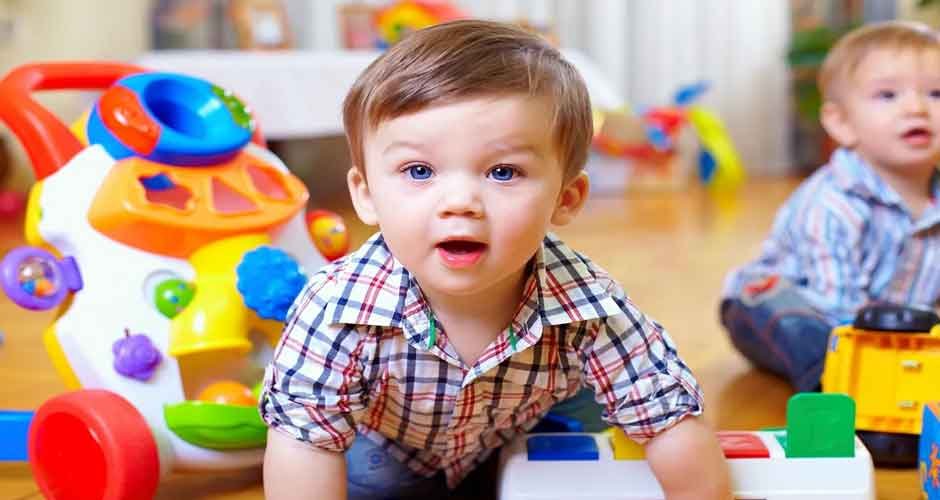The Journey of Early Learning
Early learning is a fascinating journey that begins from the moment a child is born. This phase of life is crucial, as it lays the foundation for all future learning, behavior, and health. During these formative years, children’s experiences and interactions shape their cognitive, social, and emotional development, setting the stage for lifelong learning and discovery.
The Role of Early Education Centers
In this critical period of growth, early education centers play a pivotal role. Institutions like Montessori Ryde offer a structured yet flexible learning environment that nurtures young minds. They provide a space where children can explore, experiment, and engage with the world around them, guided by educators who understand the nuances of early childhood development.
Language Development: From Babbling to Speaking
One of the first milestones in early learning is language development. This process begins with babbling and progresses to speaking full sentences. During these stages, children learn to express their thoughts, feelings, and needs. Engaging with children through reading, singing, and regular conversation encourages language development and literacy skills.
Cognitive Skills: Encouraging Curiosity and Exploration
Cognitive development involves the growth of skills like thinking, learning, and problem-solving. Activities that stimulate a child’s curiosity, such as puzzles, building blocks, and age-appropriate educational games, are crucial. These activities help children understand the world around them and develop their reasoning and problem-solving skills.
Social and Emotional Development: Learning to Interact and Empathize
Social and emotional skills are just as important as cognitive skills. Early learning involves teaching children how to interact with others, share, cooperate, and empathize. This is facilitated through group activities, playtime, and guided interactions, where children learn to understand and manage their emotions and relate to those of others.
Physical Development: Growing Healthy Bodies
Physical development is an integral part of early learning. Activities that promote motor skills, such as running, jumping, and climbing, are essential for children’s overall health and development. These activities not only strengthen their bodies but also help develop coordination and balance.
The Importance of Play in Early Learning
Play is a vital component of early learning. It is through play that children explore and make sense of the world. Play fosters creativity, imagination, and social skills. It’s also a natural way for children to learn about boundaries, risk-taking, and problem-solving.
Incorporating Technology in Learning
While traditional play and learning are irreplaceable, technology also has a role in early childhood education. Interactive educational apps and games can be beneficial when used appropriately. However, it’s essential to balance screen time with physical activity and traditional learning methods.
Parental Involvement: A Key to Successful Early Learning
Parental involvement is crucial in early childhood education. Parents and caregivers are children’s first teachers. Engaging in activities like reading to children, playing together, and exploring nature can greatly enhance their learning experiences.
Preparing for School: Building the Foundation for Formal Education
Early learning is not just about preparing children for school academically. It’s also about developing the social and emotional skills necessary for a successful transition to formal schooling. Activities that encourage independence, such as dressing themselves and managing personal belongings, are important for this transition.
Nurturing the Seeds of Future Growth
The journey from babble to books is a remarkable one, filled with growth, discovery, and joy. Early learning centers, educators, and parents together play a critical role in nurturing the seeds of future growth. By providing a supportive, stimulating, and caring environment, we can ensure that children develop the skills and confidence they need to succeed in school and beyond.






